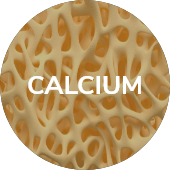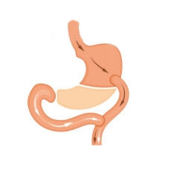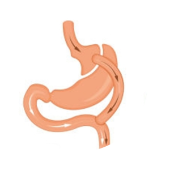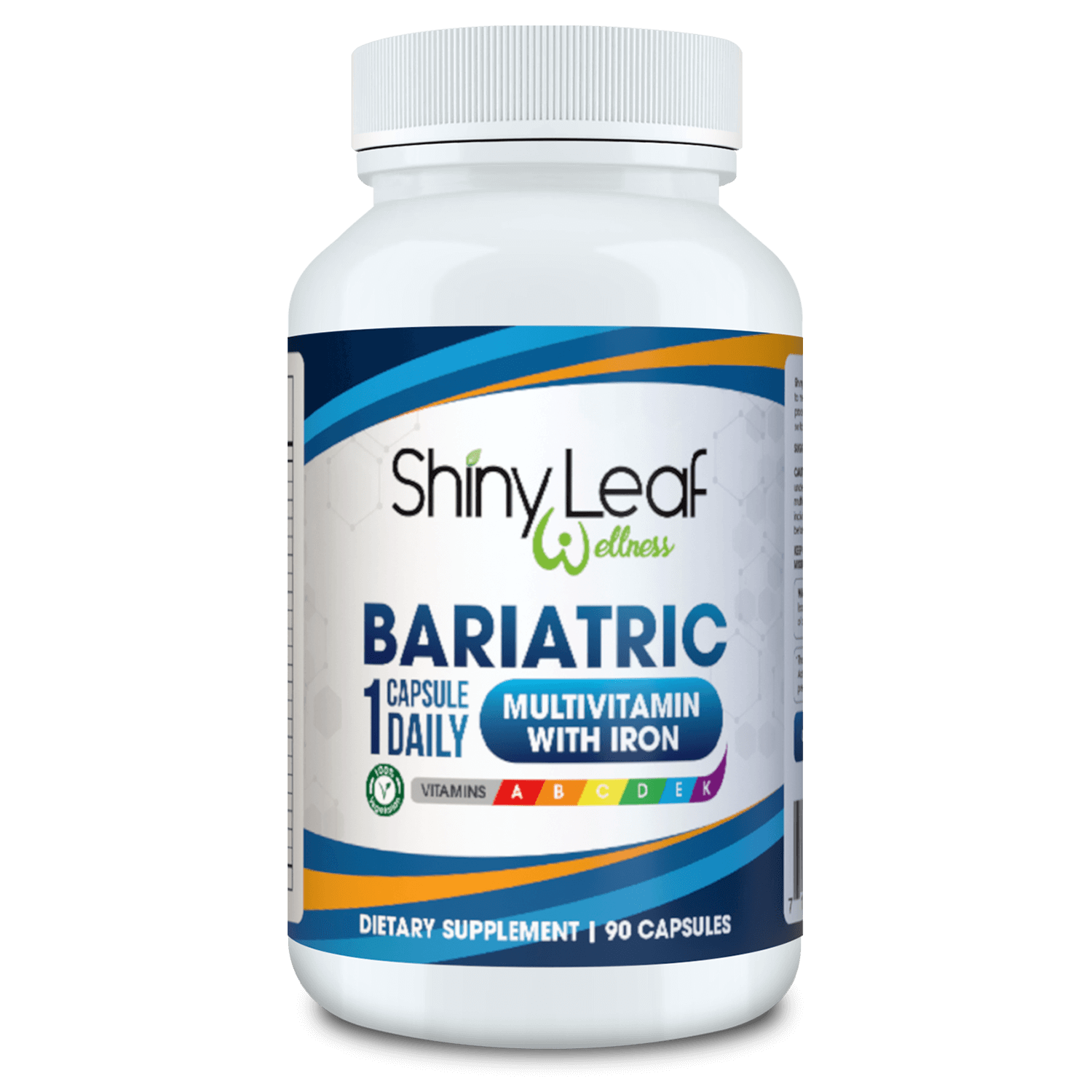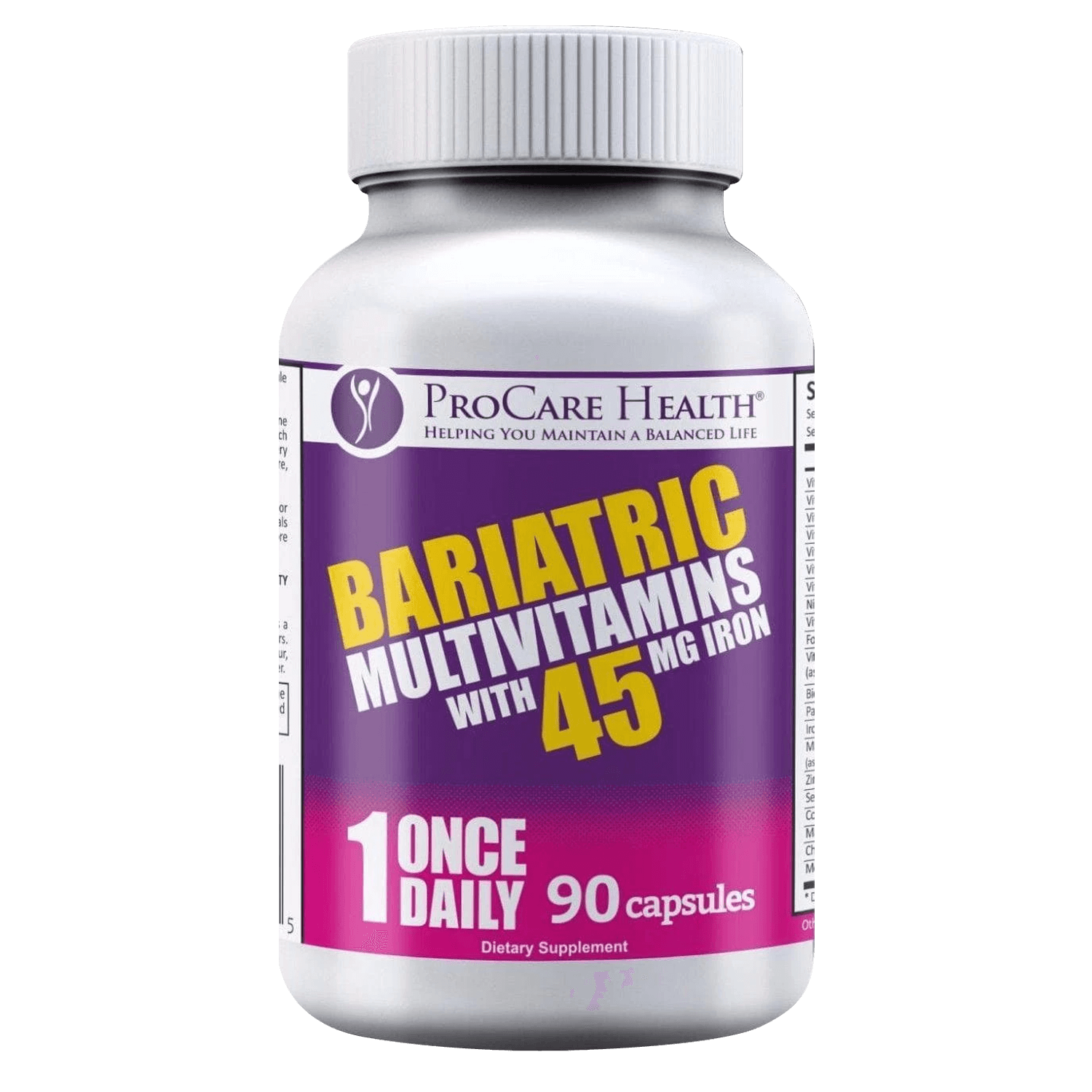Top Rated Bariatric Multivitamin Products
When it comes to post-surgery life, patients need bariatric multivitamins to help maintain a healthy and comfortable life. This is a type of supplement that delivers various vitamins and minerals at higher dosage compared to normal supplements. Most bariatric patients are required to take multivitamins. It allows them to maintain a healthy and stable life after the procedure.
Bariatric surgery is a weight loss procedure for patients suffering from health problems due to obesity. The procedure is not for aesthetic purposes, but to help manage serious health concerns. There are illnesses that require immediate treatment due to their harmful effects on the body. These obesity-related diseases include diabetes, respiratory problems, fatty liver disease, and heart disease.
Bariatric surgeries are done on the stomach and intestines. The main goal is to limit the intake of food, which can help patients lose weight and maintain a healthy body. The surgery can also cause malabsorption or the reduced ability of the body to digest and absorb nutrients. This reduces the amount of nutrients that patients get from the food that they eat.
While malabsorption can help speed up weight loss by absorbing less calories, it can also lead to other side effects like nutrient deficiencies. Patients are more likely to suffer from nutrient deficiency with bariatric surgeries that are performed on the stomach and intestines.
One of the best ways to ensure that bariatric patients still receive essential nourishment is to take supplements. However, not all supplements are good for bariatric patients. That’s why you should look for nutrient-rich bariatric multivitamins if you had the surgery performed.
What Is A Bariatric Multivitamin?
Bariatric multivitamins are supplements that bariatric patients must take after the procedure. Most supplements are for life. This is because patients are at risk of developing deficiencies and other health concerns after the procedure due to malabsorption of nutrients.
Bariatric surgery alters the physical construction of the stomach and the intestines. This limits the amount of food that patients can only eat. However, it also affects the ability of the body to absorb nutrients. Patients also suffer from other side effects after the surgery, which is why having taking bariatric multivitamins is a must.
After the procedure, there are other medicines that patients should take. It is also advisable to look for nutrient-rich multivitamins to ensure that their body can still receive the necessary nutrients for faster recovery. Bariatric multivitamins are different from normal supplements. They contain various types of vitamins and minerals with higher dosage that can deliver the amount bariatric patients need. Bariatric multivitamins also come in forms that are easy to take and digest such as capsules and chewables.
Keep in mind that some medicines and supplements are only necessary to take for a certain period after the surgery. However, bariatric multivitamins are required for patients to take for life.







